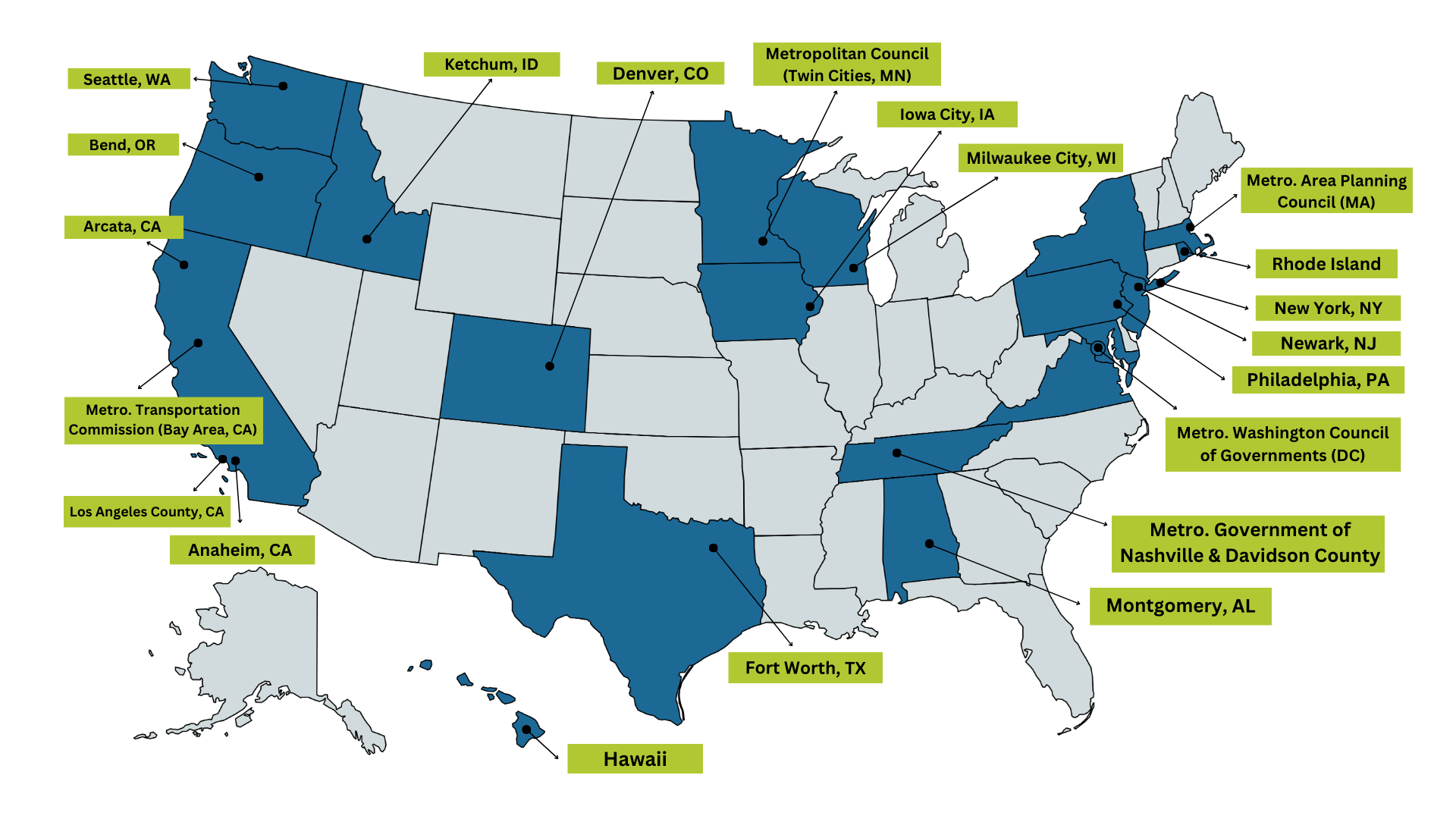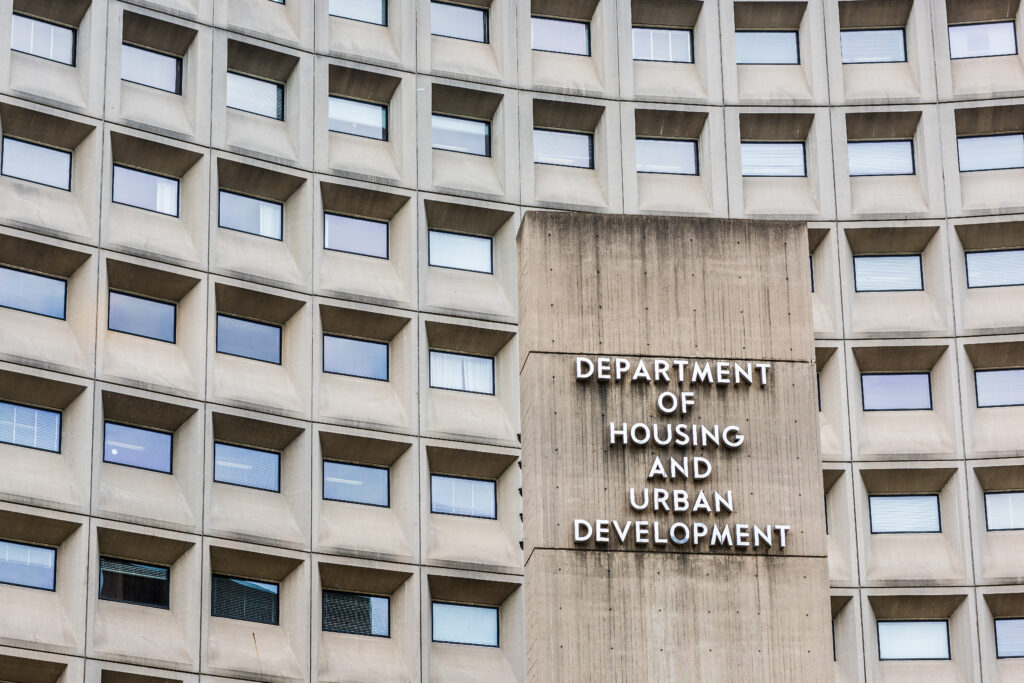The FWD #215 • 581 Words
With the first round of PRO Housing grant awards, HUD sets priorities for increasing production
In late June, The U.S. Department of Housing and Urban Development (HUD) announced the winners of its first Pathways to Removing Obstacles to Housing (PRO Housing) grants. Virginia localities were among the 175 communities who applied, and Northern Virginia localities represented by the Metropolitan Washington Council of Governments were selected as awardees.
While the 21 metro areas awarded range in size and location, there are similarities between them that can be useful for tracking HUD’s interests with these new funding sources. The summary of winning projects can be read as a list of best practices.
Last November, HUD opened applications for the PRO Housing grant. With $85M in funding available, the grant was aimed at localities or regional governments. The goal was to fund the “removal of barriers to affordable housing,” whether those barriers be physical, financial or regulatory. A second round of $100M will be opening for applications this summer, so consider this blog your study guide for impressing HUD.

The Metro Washington COG includes 24 local governments in Maryland, Virginia, and the District, who collectively received $3.5M. Seven in particular—the City of Alexandria, Arlington County, Fairfax COunty, Loudoun County, Prince William County, Montgomery County, MD, and Prince George’s County, MD—will aim their shares at updating zoning and land use policies to boost housing supply.
Other initiatives funded by the MWCOG grant will include incentives to facilitate adaptive reuse of commercial buildings, which the Biden-Harris administration has previously placed an emphasis on. The COG will also establish a region-wide loan fund for homeowners who want to build Accessory Dwelling Units and rent them to income-eligible households. In addition, D.C, Fairfax County, and Prince George’s County, MD will be launching initiatives to preserve affordable housing and prevent displacement.
Other awardees will use their funds to:
- Build new energy efficient affordable housing units, invest in the installation of green infrastructure, and restore homes along the National Historic Selma to Montgomery Trail. (Montgomery, AL)
- Create a pilot program to purchase and convert at-risk rental properties to affordable homeownership opportunities (Seattle)
- Establish an Affordable Housing Finance Program to build permanent supportive housing and deeply affordable housing in high opportunity areas (Nashville).
- Support resilience for households within the floodplain through the installation of sump pumps, utility elevation, retrofits, and repairs to damages from previous flooding. (Philadelphia)
- Update zoning codes to permit a wider variety of housing styles, increase densities in multifamily zones, lower parking requirements, increase “by-right” permitting, and update design standards (Milwaukee).
- Assess parking regulations, perform a regional housing study, and update the City’s Comprehensive Plan (Iowa City, IA).
- Establish a Statewide Infrastructure Bank to fill existing financing gaps. The Bank can issue bonds, originate loans, make grants, and mobilize sources of public and private capital to finance projects including: water and wastewater, roads and bridges, energy efficiency and renewable energy, and brownfield remediation (Hawaii)
And here’s an Easter Egg for you, buried in the MWCOG press release for this grant they quote Phyllis Randall, Chair of the Loudoun County Board of Supervisors and COG Board member: “When meeting with the three leading credit rating agencies to reaffirm Loudoun County’s Triple-AAA bond rating earlier this year, I was surprised to learn that they have begun to consider whether localities are growing—not simply sustaining—their population.” That’s news to us, and something worthy of a future blog.
Have any other good tips? Make sure to let us know.
